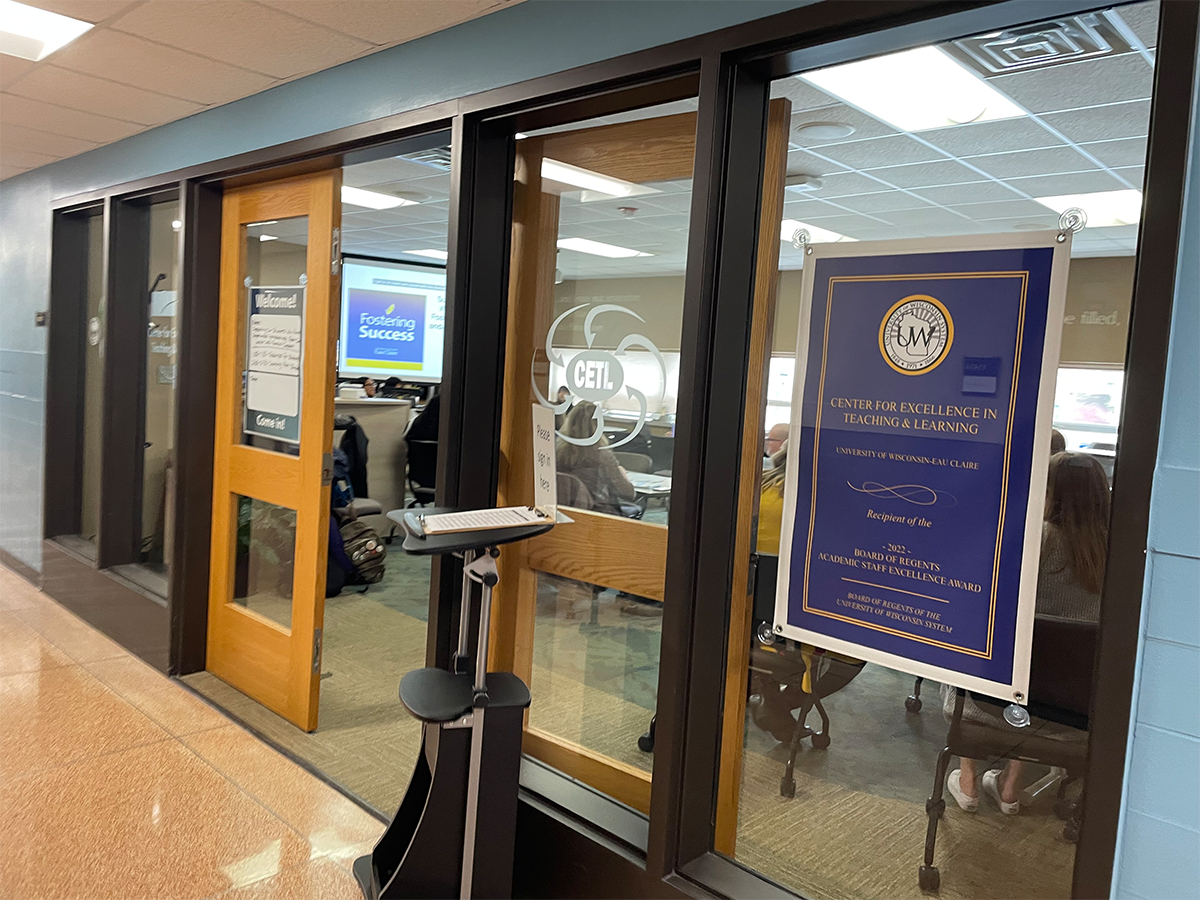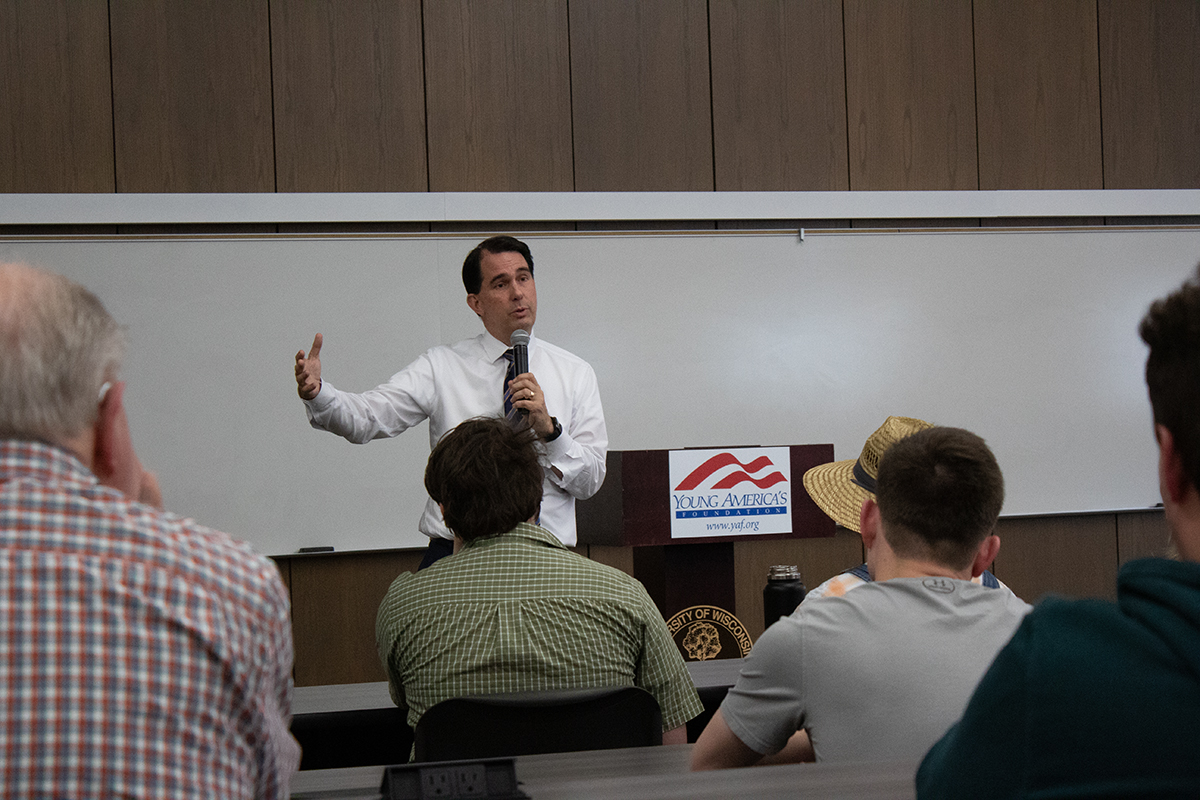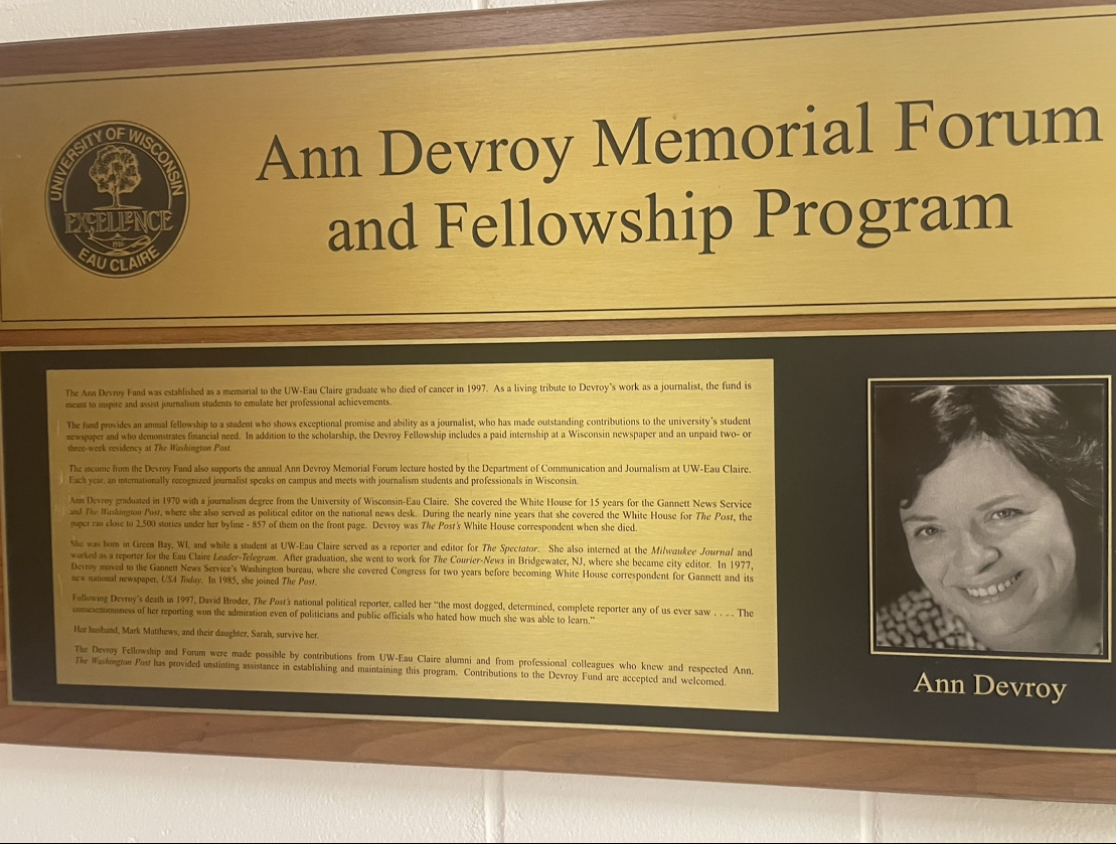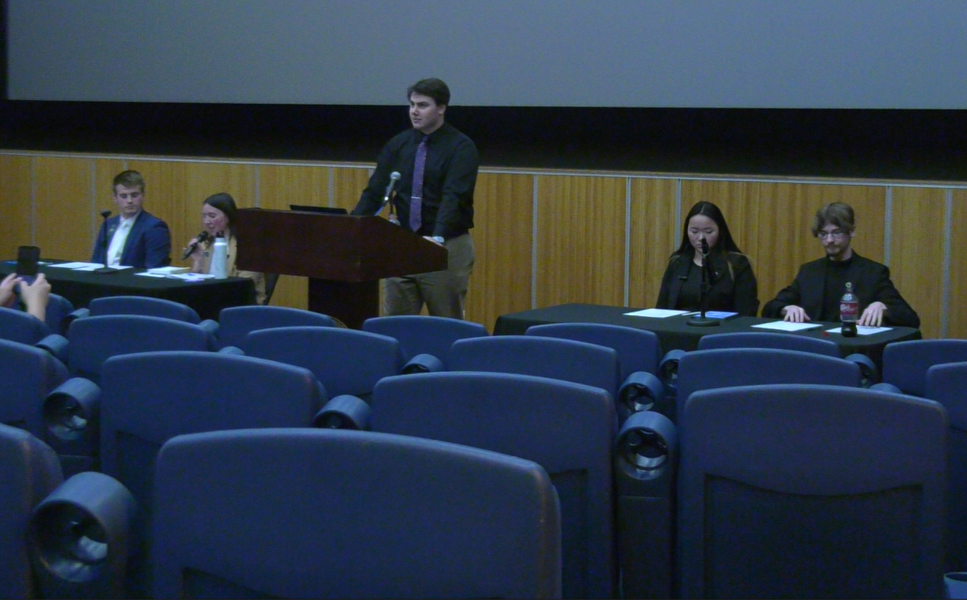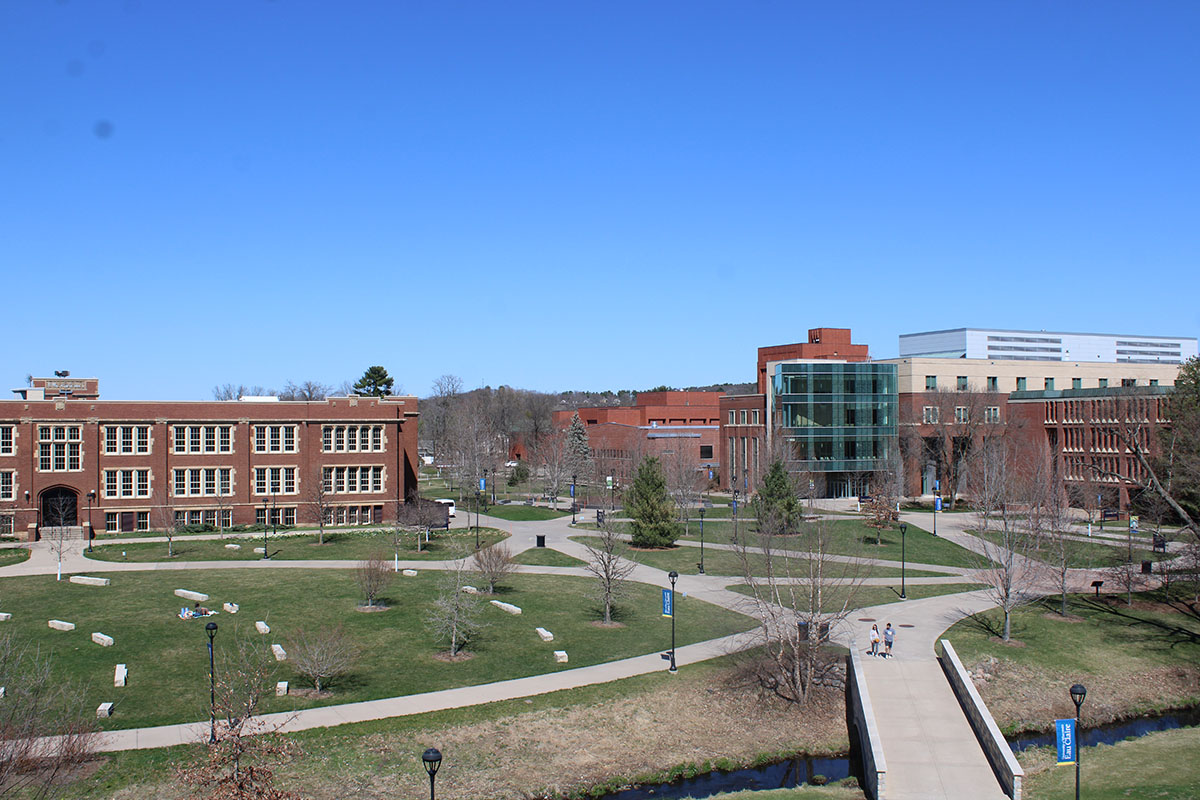The Hmong have a collective culture, including a sense of belonging, relation, duty, context, advice, and hierarchy that values and encompasses the history and tradition of its people, a renowned Hmong leader said Friday afternoon.
“The Hmong culture is more of a collective culture, and mainstream America is more individualistic,” said Lee Pao Xiong, director of the Center for Hmong Studies at Concordia University. “Recently when General Vang Pao passed away, everyone was like, ‘Who’s going to lead us?’ We believe in hierarchy, focused on somebody to lead us and to seek advice.”
In the Hmong culture, one serves the Hmong society, community, clan, family and then the individual, he said.
More than 40 university community members attended the Hmong Heritage Month presentation on campus.
Xiong, whose presentation included the history of the Hmong and his journey to the U.S., said somehow the Hmong lost their history and the meaning of their name. He illustrated a diagram to symbolize the origin of the Hmong name and how other countries pronounce the name differently.
“In China, the Hmong are called ‘Miao’,” he said. “In Thailand, the Thai are not able to aspirate the ‘h’ and therefore say ‘Mong.’”
Xiong continues to educate all audiences. He said the Center for Hmong Studies at Concordia University of St. Paul, Minn., has served 10,000 visitors since 2004. Book readings, lectures and exhibits are held to share students’ and researchers’ experiences and knowledge about the Hmong.
In addition, his experiences included serving Sen. Carl Levin during the Nelson Mandela case when Mandela was incarcerated for life in prison and was asked to be freed from the South African government. President Bill Clinton appointed Xiong to be the first Hmong selected to serve on the president’s Advisory Commission on Asian-Americans and Pacific Islanders.
Xiong said when he was delivering confidential documents for Levin, he often asked where all the Hmong people were as he saw very few in the community.
The first documented history of the Hmong dates back to the 1800s. Context of Hmong history needs to include historical events from both China and Southeast Asia, Xiong said.
“Most of Hmong history is written from the perspective of the Vietnam conflict and talks mostly about General Vang Pao,” said Xiong, who was the leader of the Hmong during the Vietnam War until the first migrations of Hmong families to the U.S in 1975.
Xiong said almost all Hmong families in Laos looked up to and followed General Vang Pao wherever he went.
“When he left Laos to Thailand, everyone went,” Xiong said. “When he left Thailand to come to America, everyone wanted to come too because he was their leader and someone they could look up to.”
Though the history of the Hmong and Xiong’s journey to the U.S. were factual, the presentation included much of his personal experiences that were relatable to the audience and made them laugh.
Shoua Vue, a UW-Eau Claire student graduating this spring, said Xiong is a great example to Hmong communities across the nation.
“He being the first Hmong to earn a Ph.D. in the country is amazing,” Vue said. “His accomplishments have given me hope and motivation to continue my personal goals after graduation.”
Andrew Strowig, a student service coordinator of Services for Students with Disabilities and Student Support Services, asked Xiong’s advice about how students can go about finding a career path suitable to them.
“Do something. Apologize later. If it’s good for your people, do it for the good,” Xiong said. “Education is critical in America. Two incomes are critical in America. Education is the way out of poverty.”


